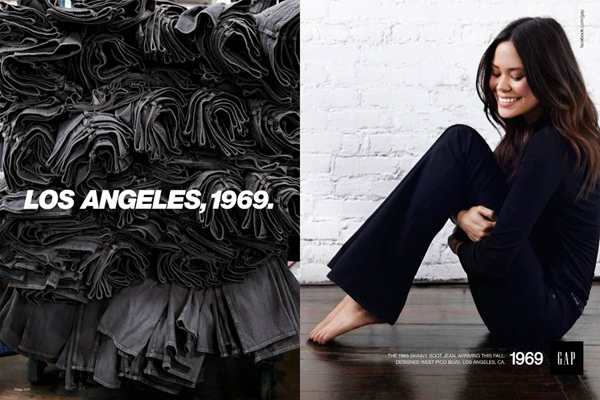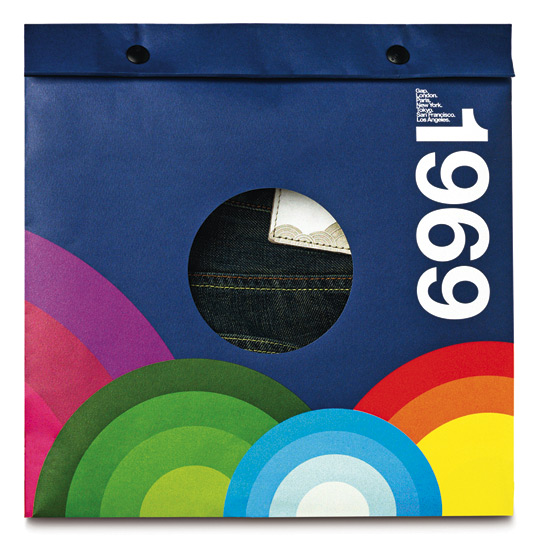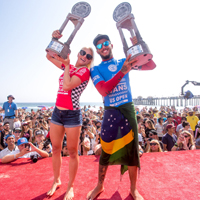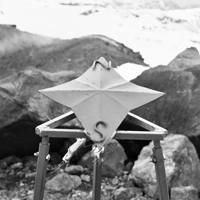
The struggles rippling through fashion retail are resulting in many changes for brands, especially those in action sports, denim, and sportswear.
Zumiez’s January financial reports released February 5, 2014 record a net sales decrease of 24.3% to $38.1 million from $50.3 million last year within the same five week period. Comparable store sales are down 7.6%.
We saw the decline coming years ago and actually raised a red flag that the peak was over. Just as many brands in action sports are trying to re-invent themselves for a new, tech-savvy youth culture marketplace, the retailers most reliant on such brands, particularly footwear, are feeling the effects of a disconnected industry.
Action sports, including the lifestyle brands surrounding the industries of skate, snowboarding, and surfing, have found themselves in a struggle with personal identity, and competition with fast-fashion brands such as H&M, Uniqlo, and Forever 21 that are meeting the needs of a new consumer base.
Action sports, which used to be a rebel representation of sports in general, is no longer considered an independent movement. When you’ve grown-up with parents who skateboarded, snowboarding “always” considered a sport in the Olympics, and surfing an intangible prospect due to location, they do not necessarily represent a new or independent movement.
As we have reported before, many brands that relied on their bro-power of coolness are getting schooled by a new DIY consumer marketplace that have different ideas of what is independent and necessary for their lifestyles (see also our action sports reports and youth culture studies).
For Zumiez, it’s unfortunate that they, along with many other mall-based retailers, are suffering from a variety of issues. But they’ve been dropping on the radar among certain youth culture markets for some time now (stay tuned for more from our upcoming Spring Youth Culture Study 2014).

Gap Closes 1969 Design Studio in Los Angeles
When Gap first opened their 1969 design studio in 2010 in a warehouse like loft space in downtown LA, it seemed like a unique idea to get some of the best designers interested in re-inventing the brand/retailer, especially in terms of denim, by creating a space and think-tank that brought back the roots of authenticity that the brand originally symbolized.
In 2010, the 1969 design space was touted as feeling like “the personal atelier of a denim architect, not the headquarters of a global brand.”
But Gap, which is based out of San Francisco, shuttered the studio February 1, 2014, with very little fanfare; the designers moving on, and mostly back to NYC. Basically, the concept couldn’t support itself and the Gap decided that within the harsh retail environment they find themselves in, the 1969 design studio wasn’t worth it. Instead, the 1969 designers are still working on the label within the Gap family, but not in an exclusive, cool environment.
“The LA market remains important to the denim industry, and we’ll have eyes in the market to ensure we’re on top of emerging trends,” Gap said in a statement issued on Feb. 5. “Today, we have a centralized, global design approach and powerful creative engine based in New York.”
According to a recent article in Apparel News, which focuses on fashion in Los Angeles, Adriano Goldschmied, the executive vice president of product development at Citizens of Humanity, told them he was sad to see another design source close its doors. “I believe the engine of our business is design, so this is not good news,” said the Italian, who designed the very first 1969 jeans in 1999. “I am sure this means they have a stronger design team in New York to support the line.”
Whatever the real reason, denim continues to undergo sweeping changes, especially premium denim as more consumers are interested in less expensive jeans and more brands are expanding into the denim marketplace. These changes in denim have also effected trade shows like Bread & Butter, which is undergoing significant changes such as allowing for consumer days starting with their July, 2014 show to attract more people.
Billabong Considers Selling Ecommerce Sites
In the ongoing changes at Billabong, the latest developments include a considerations to sell their ecommerce properties Surfstich and Swell. Billabong has hired Guggenheim Securities to help with this potential transition.
The idea is part of their new strategy under Oaktree Capital Management and Centerbridge Partners for going back to their core business of the Billabong brand only.
Quiksilver has been completing similar moves, selling off many of its brands in order to scale back and concentrate on their core brands, Roxy, Quiksilver, and DC.


